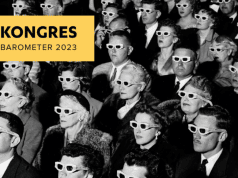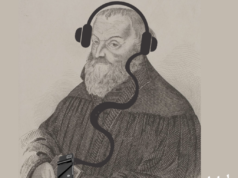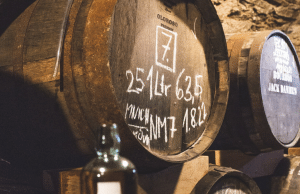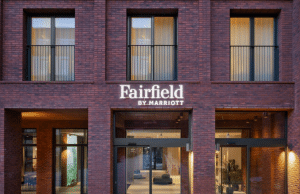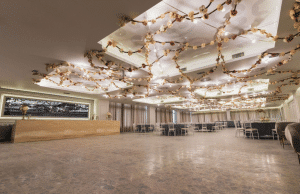When we asked key fair directors in Slovenia for our supplement on fairs, on whether Slovenia is mature enough to organise a world renowned fair, the answer was unanimous – it’s not very likely. Only Celje Fair was slightly more optimistic about its specialised fairs.
That things can be achieved, however, is proved by the legendary Andrej Jus and his team from the public institute Heureka, which this year organised its 11th outing of the F3ŽO ‘Festival for the third life period’ in Cankarjev dom. Recording 15,000 visitors, which makes it the biggest event for the elderly in Europe, it consists of 15 ‘theme parks’, conferences and a rich cultural programme. The event has evolved into a movement that has been bolstered by intergenerational cooperation.
So, what can other fairs in Slovenia learn from the success story of this festival?
1. For a successful fair and event we must try to create a movement based on honest values.
2. Honest values create a sense of ‘community’, held together by common interests.
3. The interest of visitors and followers of the movement should be thematically united, which the F3ŽO calls ‘a theme park’.
4. Regardless of age we are all connected by the desire to learn. Participants can, through numerous lectures, acquire new knowledge on health, illness, food, exercises and modern technologies.
5. People are social beings. At F3ŽO this fact is addressed in the form of its cultural programme.
6. The project should include politicians and experts. This goal was reached by a conference on volunteering bringing together the generations.
7. We need to take care of the spiritual side of life through accompanying exhibitions and a positive vibe of the entire project that is built over years and is recognised by the public and the media. Consequently we are achieving an unconscious communication that not even the best spin doctors are able to create.
By following these pointers we are able to create internationally renowned exhibitions and educational projects. The premiss is an honest starting idea and an honest execution, not a senseless race for profit through selling exhibition space in a badly conceived event with ill-thought content. If the desire of Slovenian fair houses is for long-term growth and development, then the right way to go about this is to work towards the quality of content and offering and a good concept, rather than just measuring in square meters. And keep things in proportion to who we are and the facilities available: aim for specialisation and the right focus group representing the right market niche.
Does F3ŽO therefore offer a good example and a guiding light for the future? It’s certainly not the only recipe, but it’s highly sustainable, as it grew out of an honest idea. A slightly different path is demonstrated by Eric Everard, owner of the largest fair house Artexis. Eric is an innovator, a sort of Michael O’Leary of the world exhibition scene. In 2004 he founded the Easy Fairs company, offering exhibitors services similar to those of low-cost airlines. His key point was high added value at a fraction of the price exhibitors normally pay for exhibition space. The key was in offering exhibition stand packages which included marketing, enabling the best use of time and environmental efficiency. The company has been running since 2004, organising up to 80 fairs annually and employing 170 people. Its annual revenue is over €37 million and this year alone they grew a staggering 28 %.
This business model analysed and was able to take advantage of the weakness of classic fairs. Such fairs and exhibitions are often driven by ego: ‘if our neighbour or a competitive company has a stand of 100m2, our company’s should be at least 200m2’. These extra square meters often bring extra costs, for example additional increments to a basic airline ticket. Now at the height of the crisis such thinking is unacceptable from the added value perspective, as well as the need for concrete sales results. With uniform stands, the product or service is at the forefront. It’s therefore not surprising Eric Everard became president of UFI. The business model EASY FAIRS is obligatory study material for all fair and congress organisers, since the initial scepticism was quickly replaced by enthusiasm and many copycats seven years later.
Gorazd Čad


